Should you Purchase a Pulse Oximeter? | CMI Health
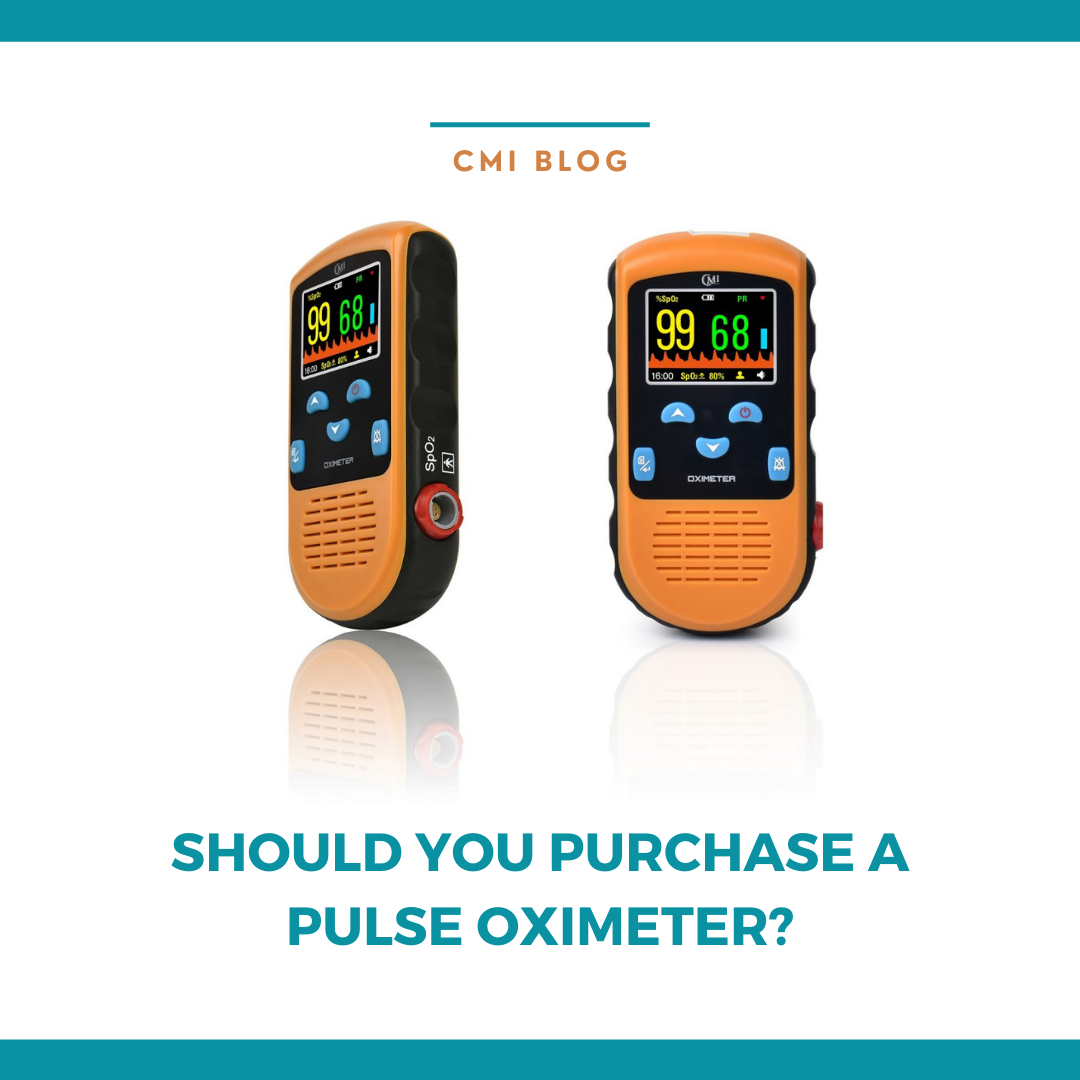
What is a Pulse Oximeter?
Pulse Oximeters are designed to monitor and measure an individual's SpO2, Pulse Rate, and Perfusion Index. Measuring and tracking this personal health data enables a user to assess and make informed decisions when it matters most. The role of a pulse oximeter is to measure the percentage of oxygen in red blood cells. This is also known as oxygen saturation. Oxygen saturation or Sp02, is used as an indicator for measuring how effectively oxygen is being transferred throughout the human body.
Understanding and monitoring this information can help with different conditions and symptoms and can even prevent future ailments from developing. Because the benefits of using a pulse oximeter in daily life are so diverse, it may be unclear who needs to use these devices the most. Continue reading to learn who can benefit from using a pulse oximeter at home and how it can help them take control of their health.
Why would I need/want to use a Pulse Oximeter?
There are quite a few reasons why people utilize a pulse oximeter. For some, it may be to monitor an existing medical condition such as COPD or Asthma. For others, it might relate to sports training or to keep track of their daily health parameters. SpO2 levels play a large role in everyday activities for every person, regardless of their health condition. Understanding your blood oxygen saturation can help you to better regulate your daily health.
(See 4 Ways to Improve Daily Blood Oxygen Saturation)
Below is a list of those who can benefit from using a pulse oximeter daily:
- Athletes
- Musicians
- Parents with Infants
- Users diagnosed with COPD or Asthma.
- Users diagnosed with Sleep Apnea
- Users with cardiac disorders (chronic or acute)
- People seeking to improve their daily blood oxygen saturation
- Children aged 2-12 (learn more)
- Individuals recovering from injury or surgery (How Oxygen Levels can Affect Healing)
- People recovering from illness (Ex: the flu or COVID-19)
Continuous Monitoring vs Spot Check Monitoring
Continuous Monitoring is suggested for users that need to consistently monitor their oxygen levels throughout the day or overnight. Spot-check monitoring is suggested for users who only need to check their SpO2 levels periodically.
If you are only looking to monitor your pulse rate, and occasionally spot check, a Fingertip Pulse Oximeter is probably best for you. For those seeking to monitor their SpO2 levels consistently or continuously, a Handheld Pulse Oximeter or a wrist oximeter, like the OxyKnight Watch are probably the best suited devices to meet your needs.
Click here to see which sensors should be used for continuous monitoring and which should be used for spot checking.
Pulse Oximeters and COVID-19
For patients diagnosed with Covid-19, monitoring your oxygen levels can be crucial to understanding the state of your health. It is possible for your body to experience and adjust to lowered oxygen levels before you actually experience any physical symptoms. Often times, pulse oximetry can alert you to breathing trouble before you even feel it.
Monitoring blood-oxygen levels can help prevent the severity of silent hypoxia by alerting the user to a problem before the development of any physical symptoms.
(Click here to see how the OxyKnight Watch can be used to monitor those with Covid-19.)
Early detection can result in a less severe case of infection, and may help to reduce the damaging effects of the COVID-19 virus. If you or a loved one are diagnosed with COVID-19, a continuous use pulse oximeter can make a huge difference in the overall understanding and treatment of the illness. Silent hypoxemia can result in a drop of oxygen levels at anytime, making continuous monitoring a necessity for those dealing with the virus.
Click here to browse the entire collection of CMI Health pulse oximeters and health monitoring devices.




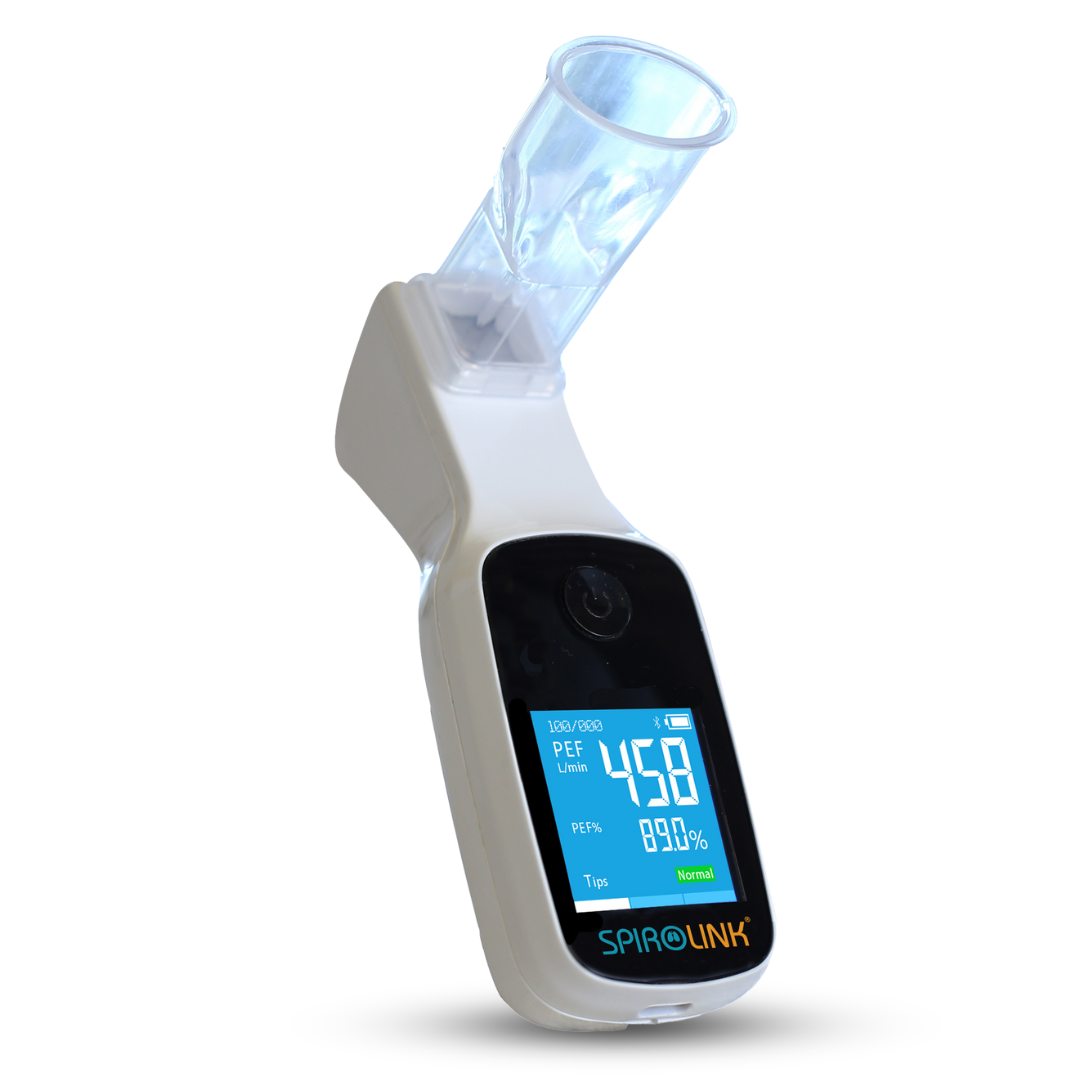
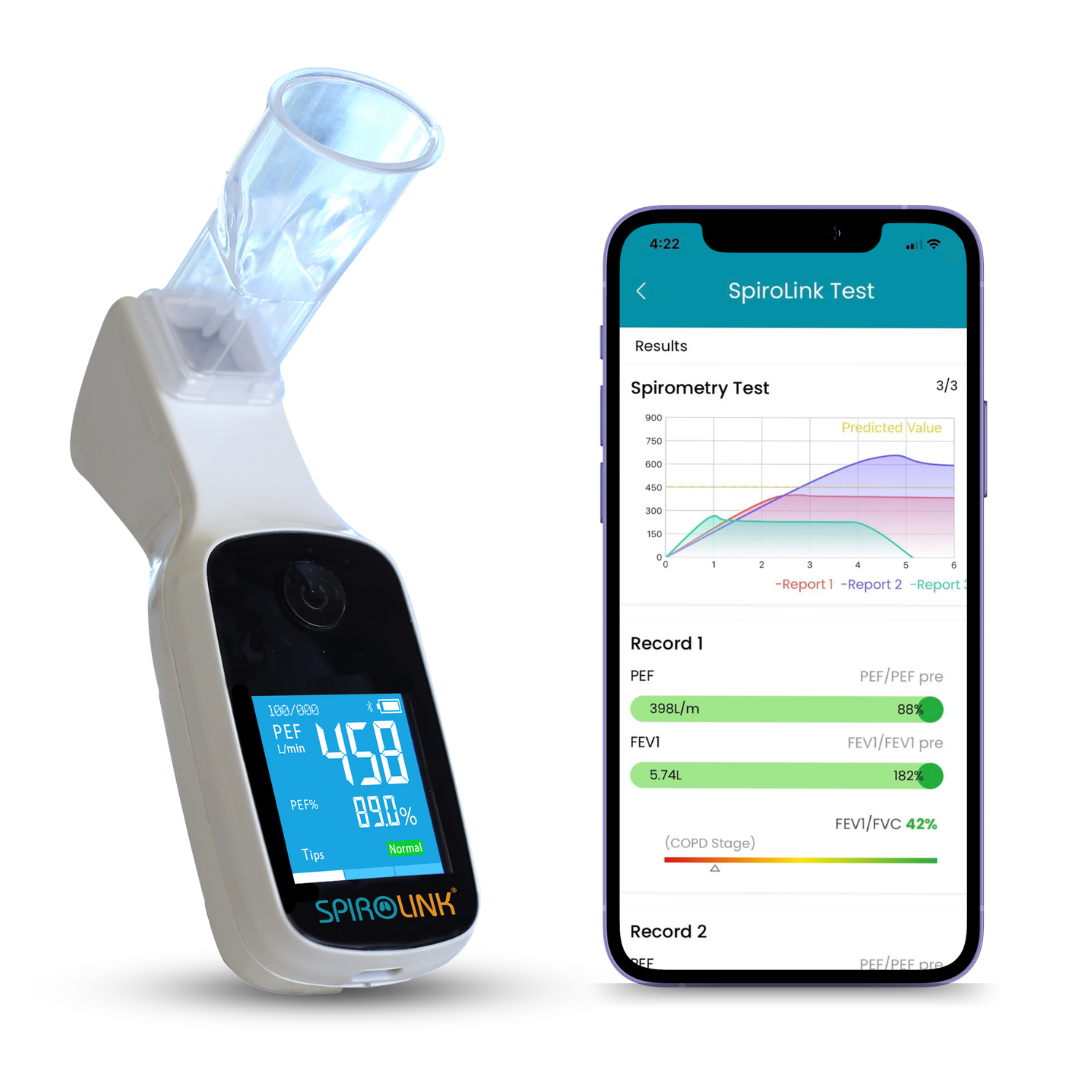
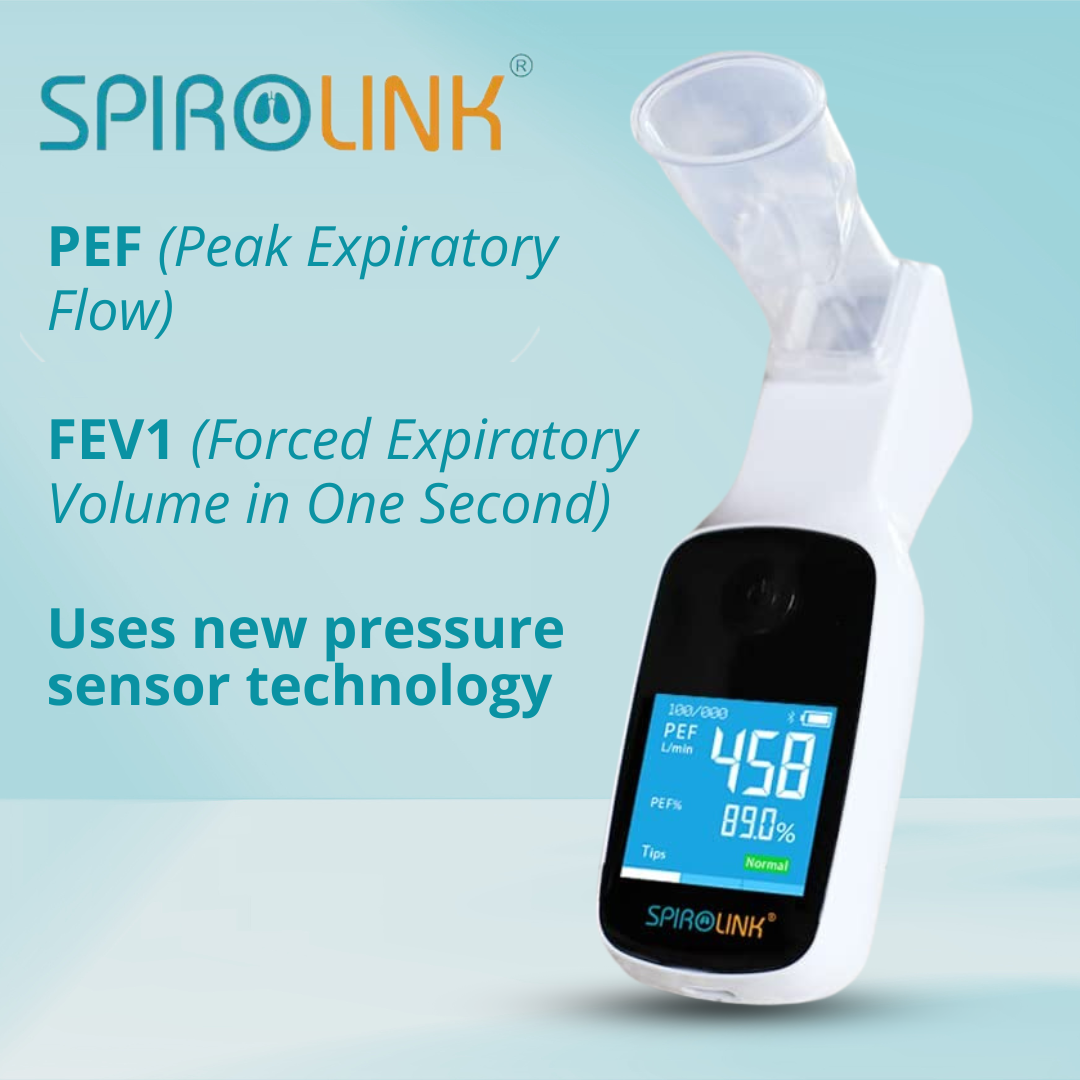
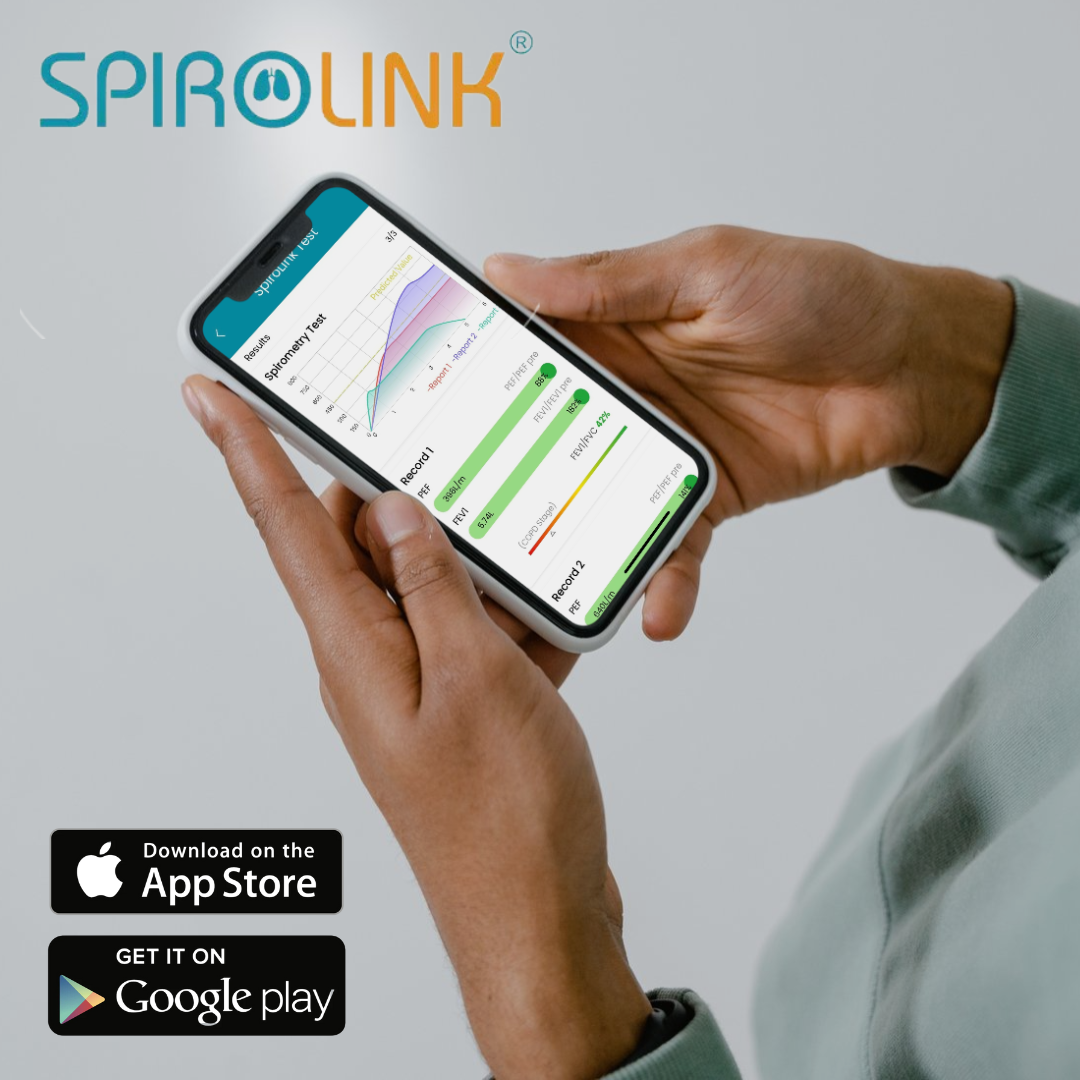
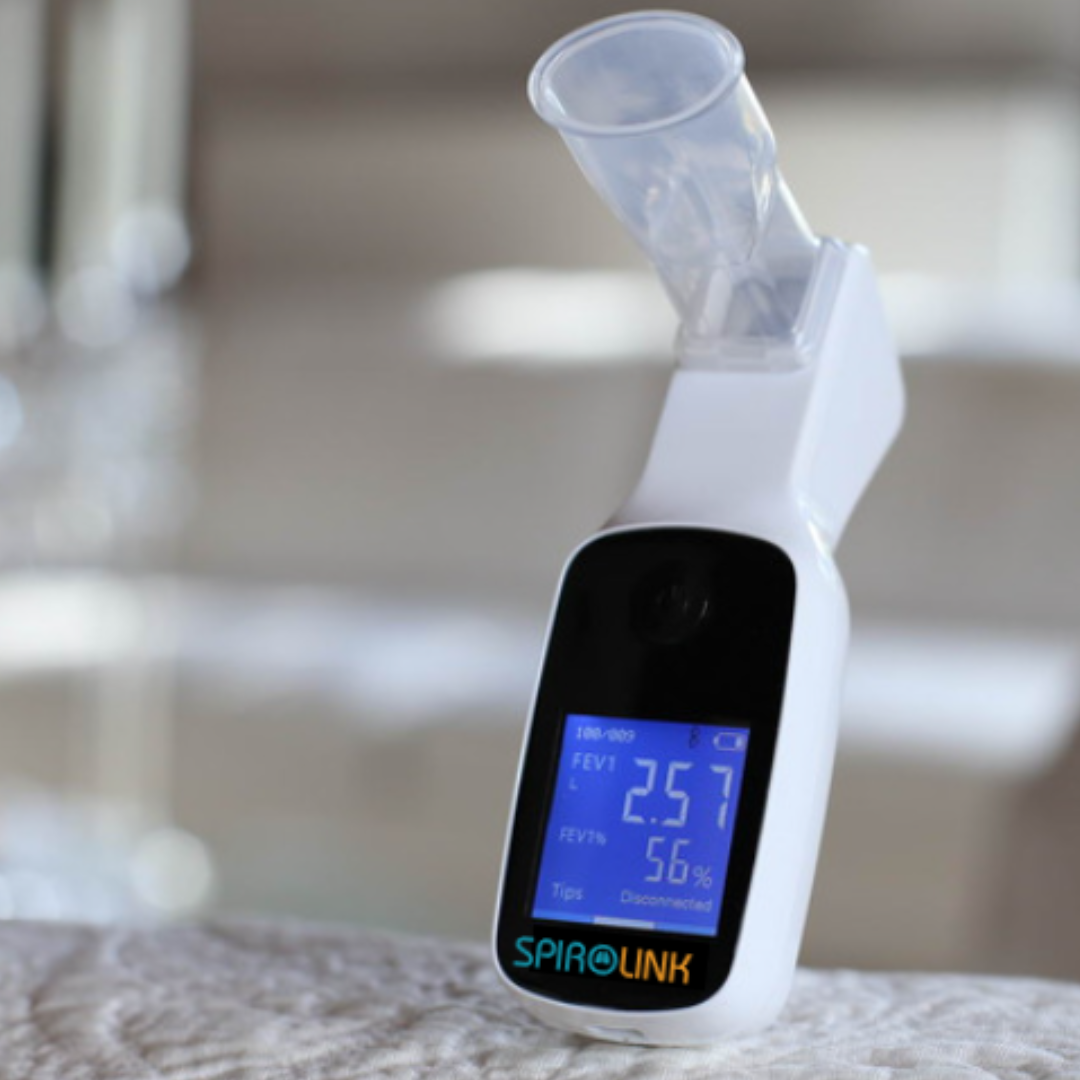
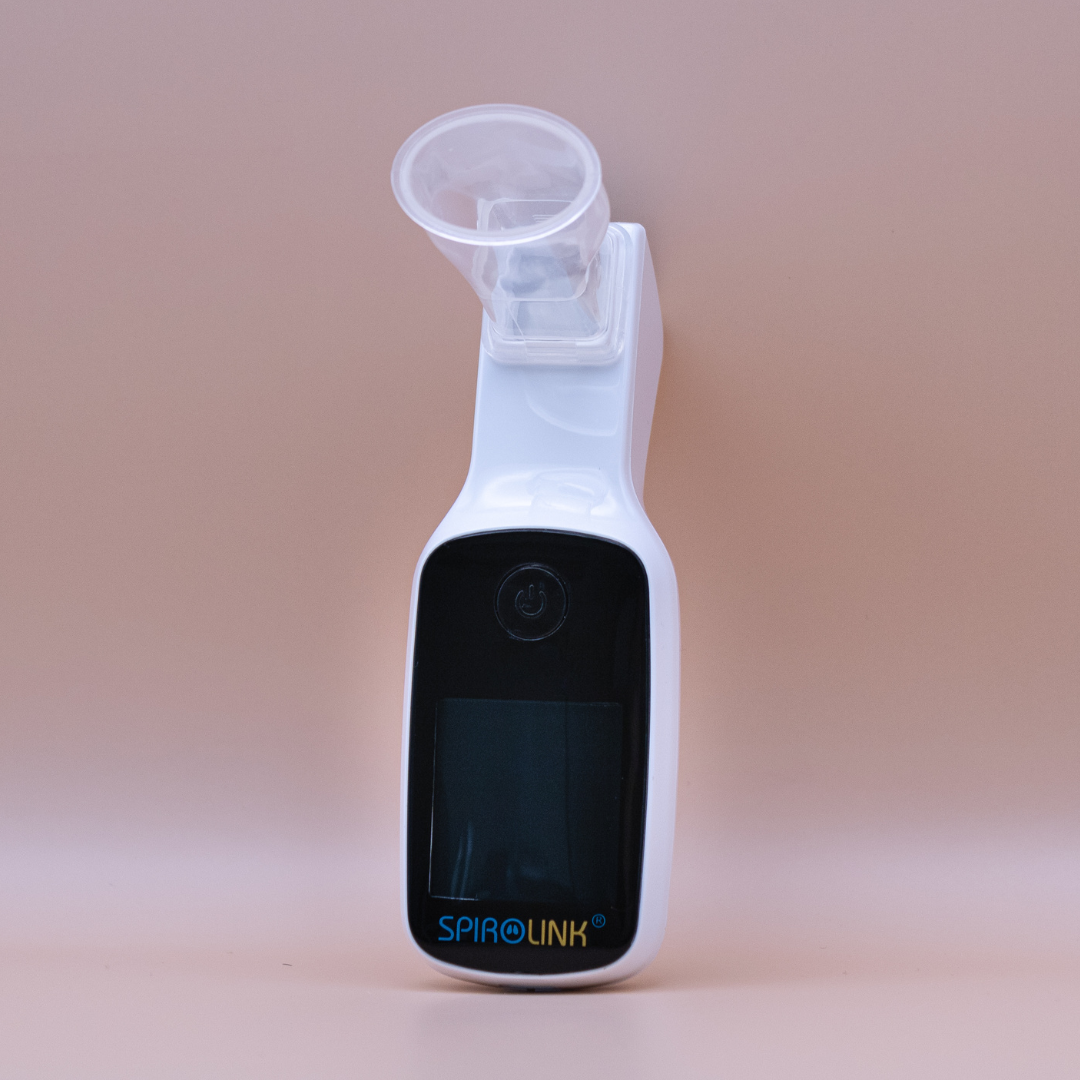

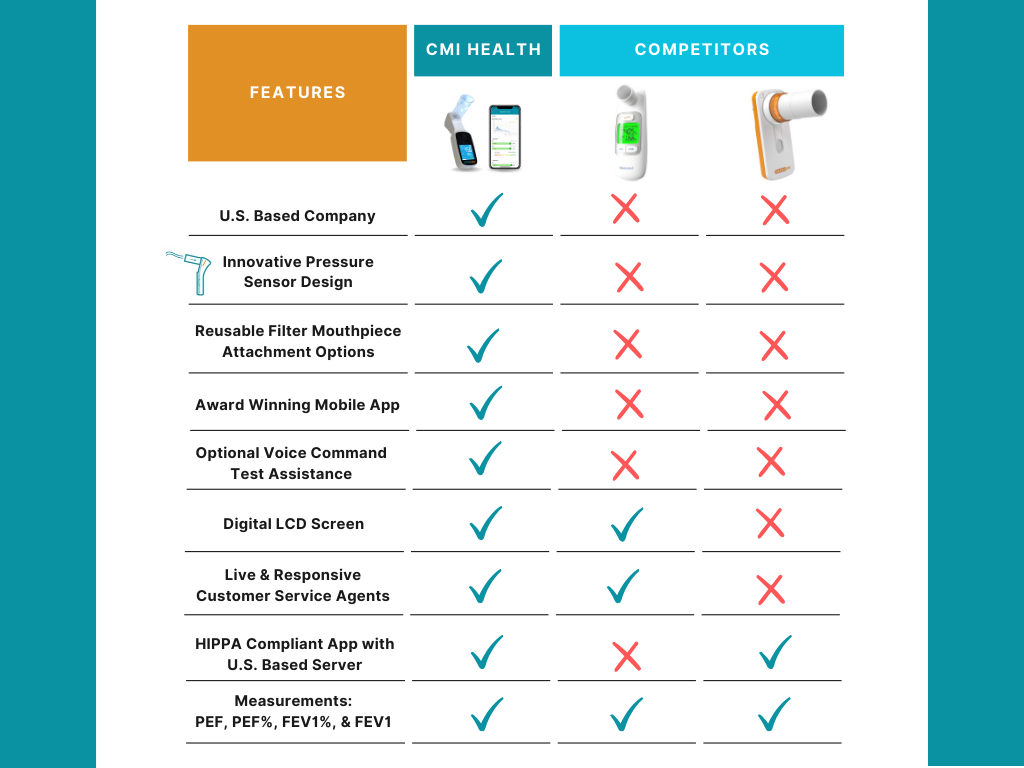
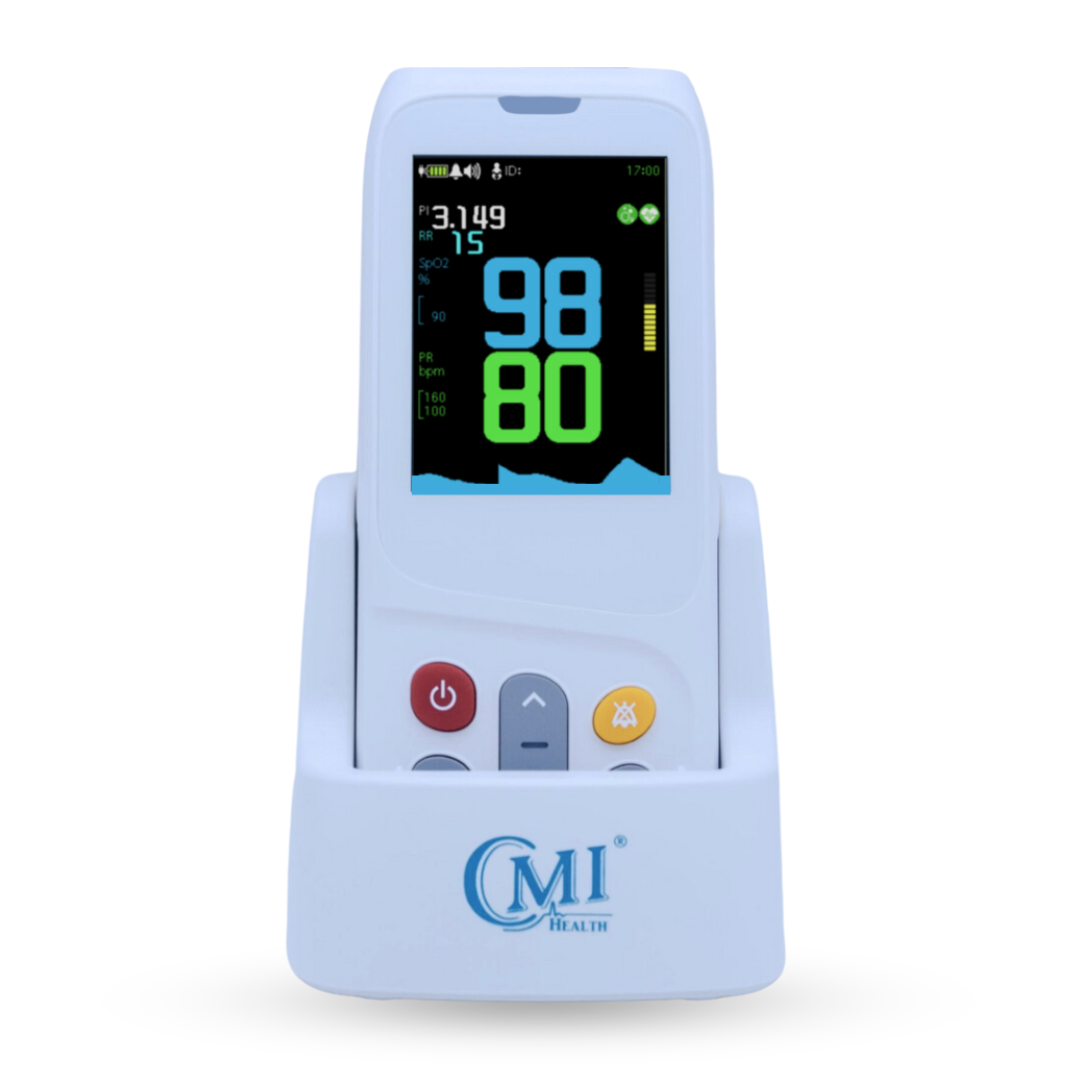
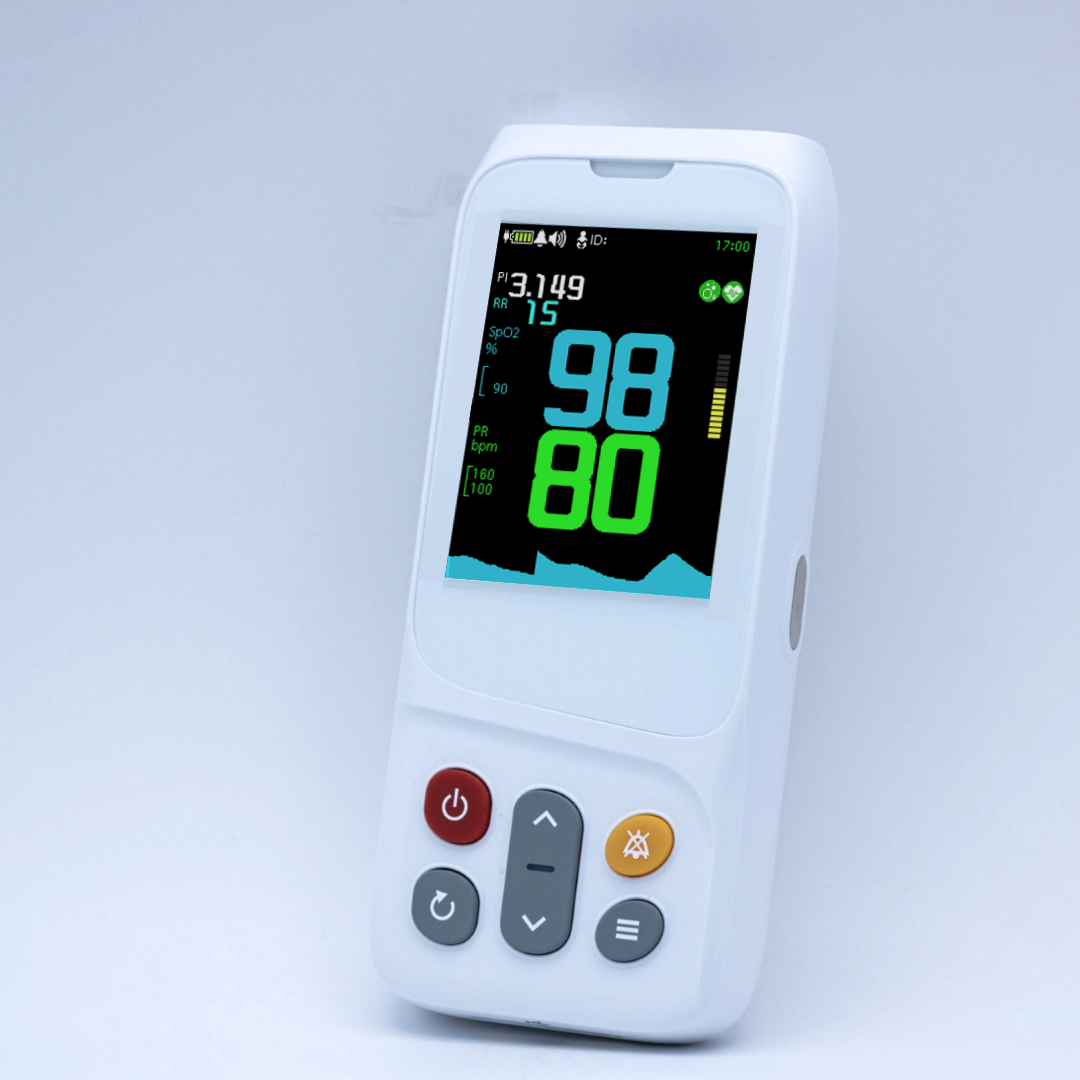
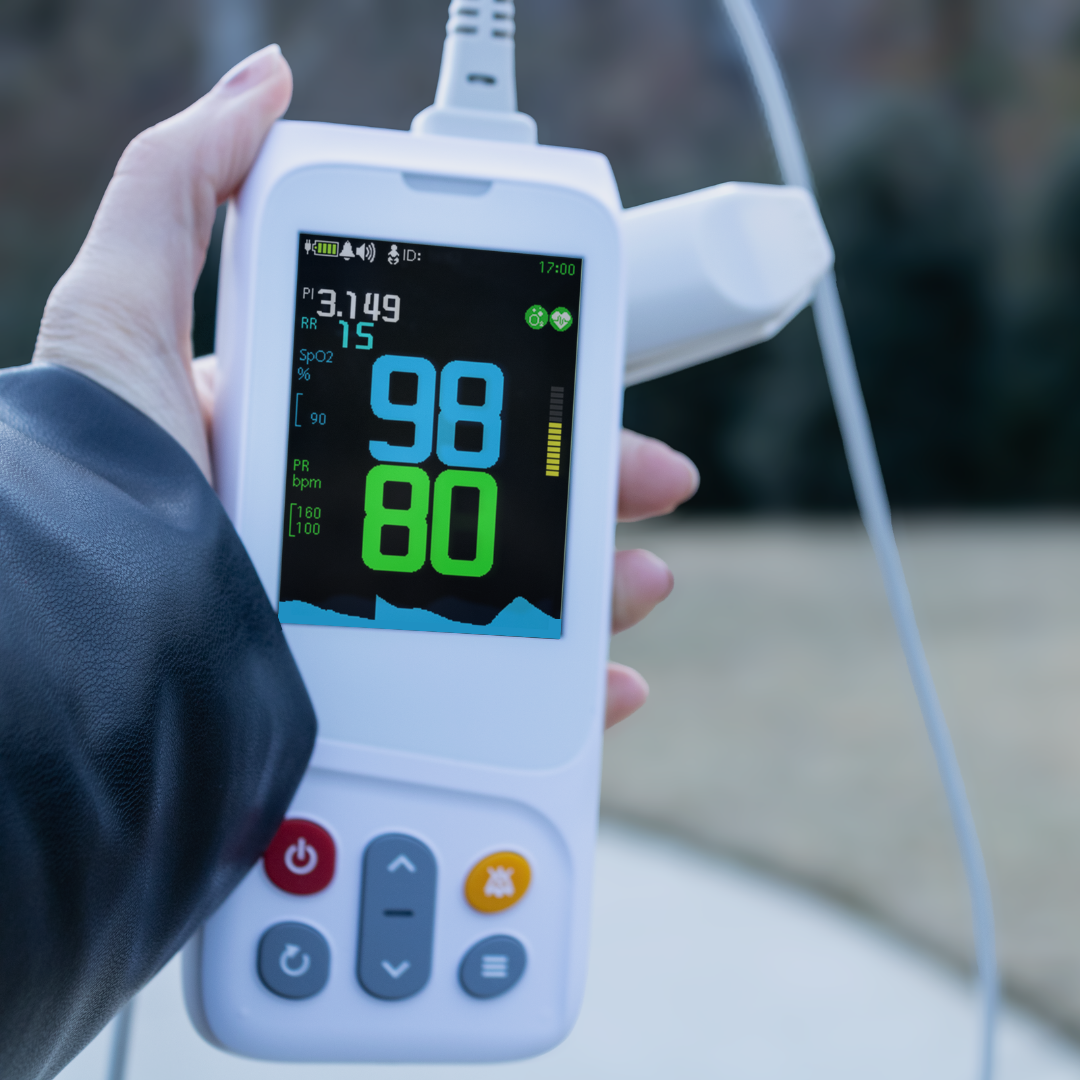
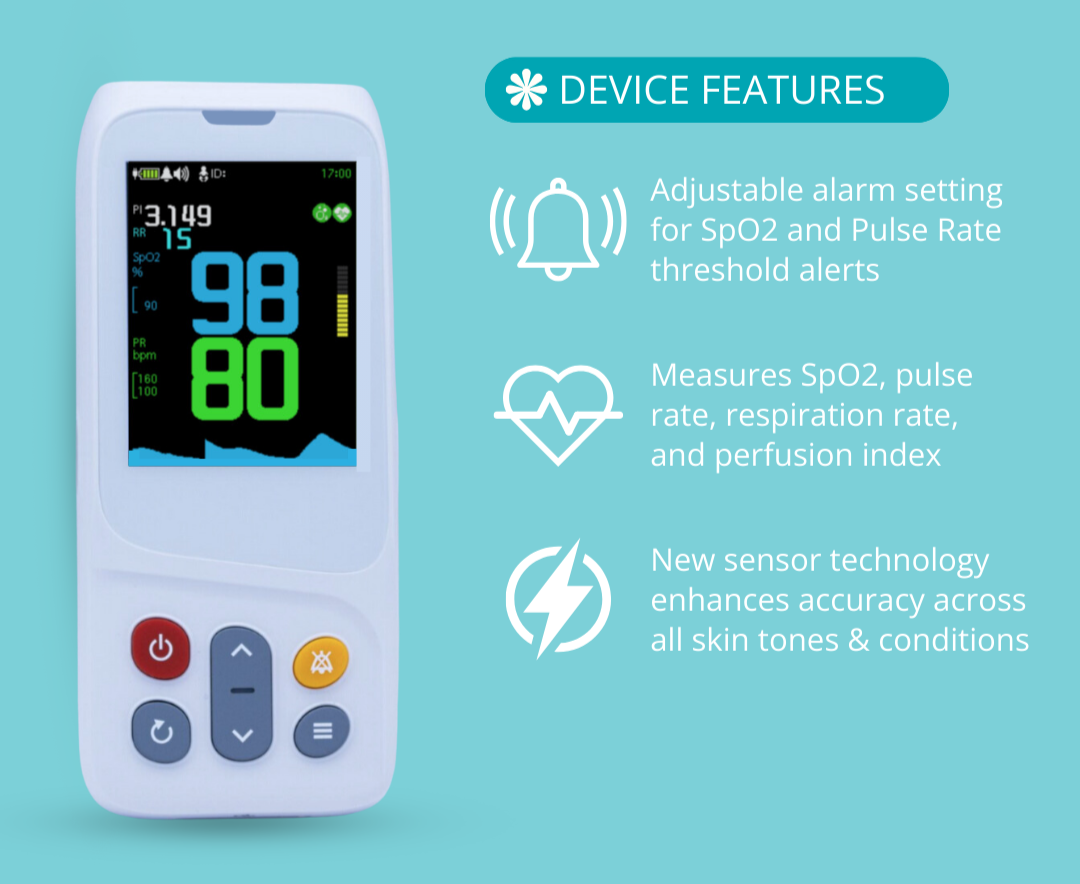
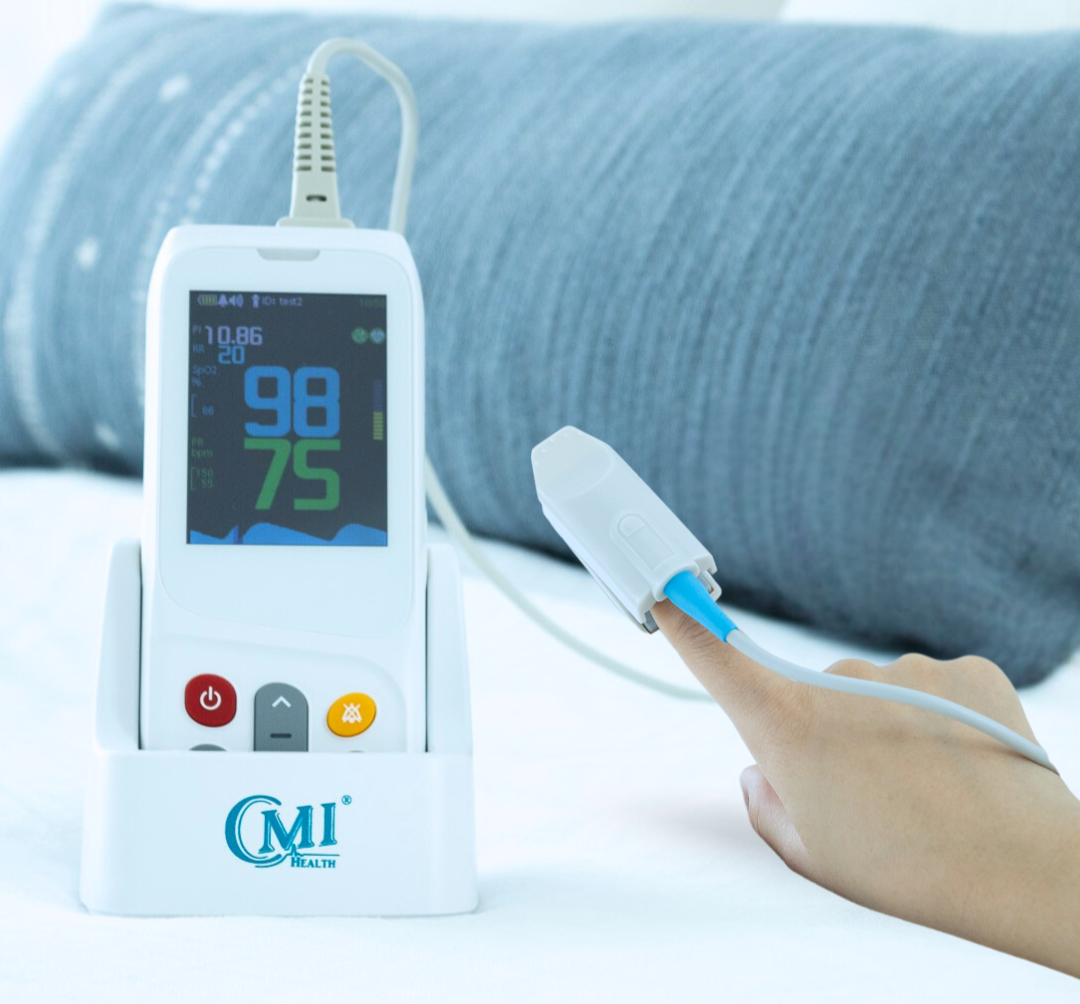
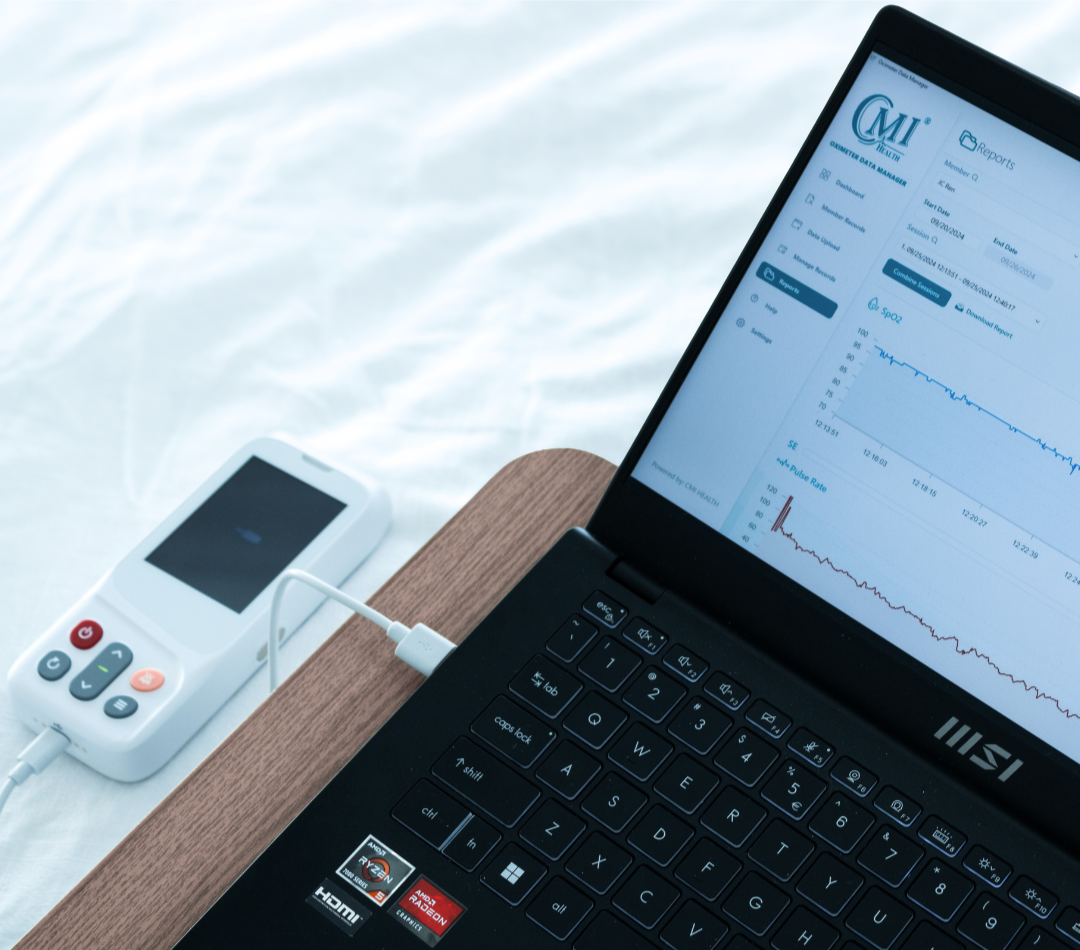
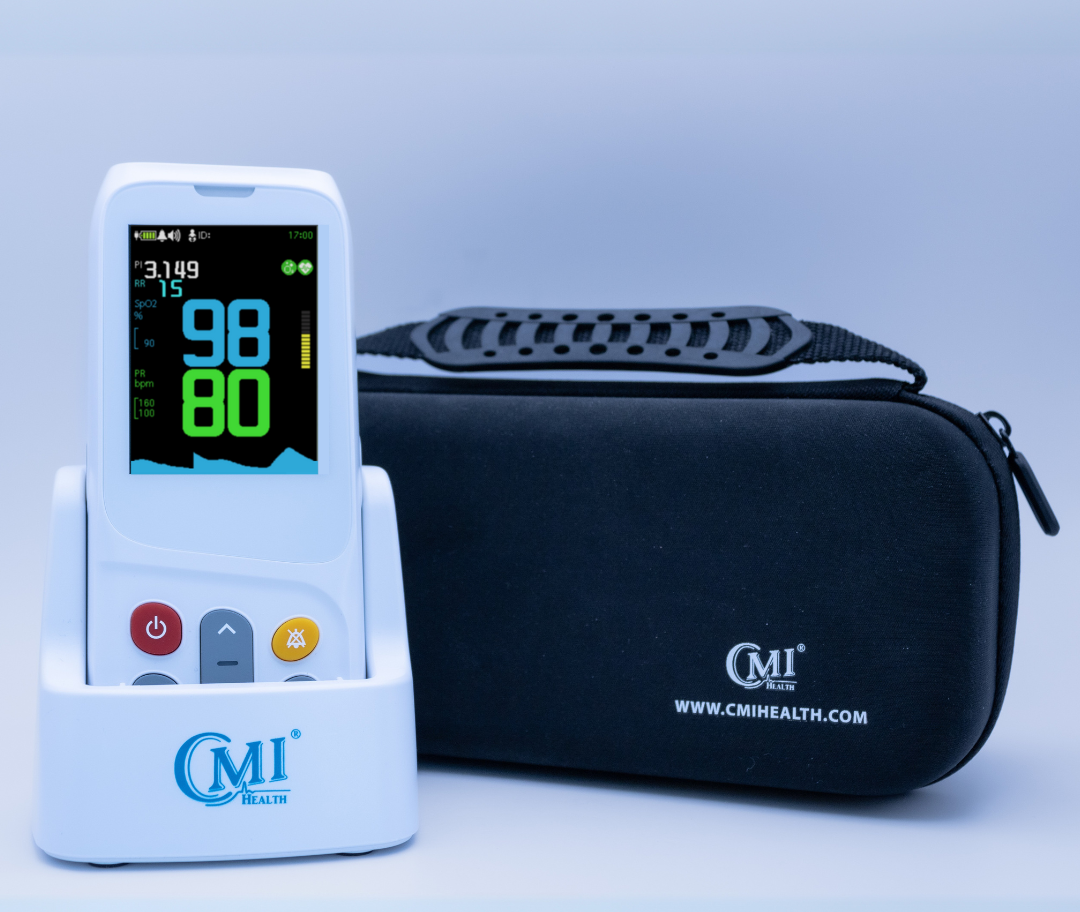
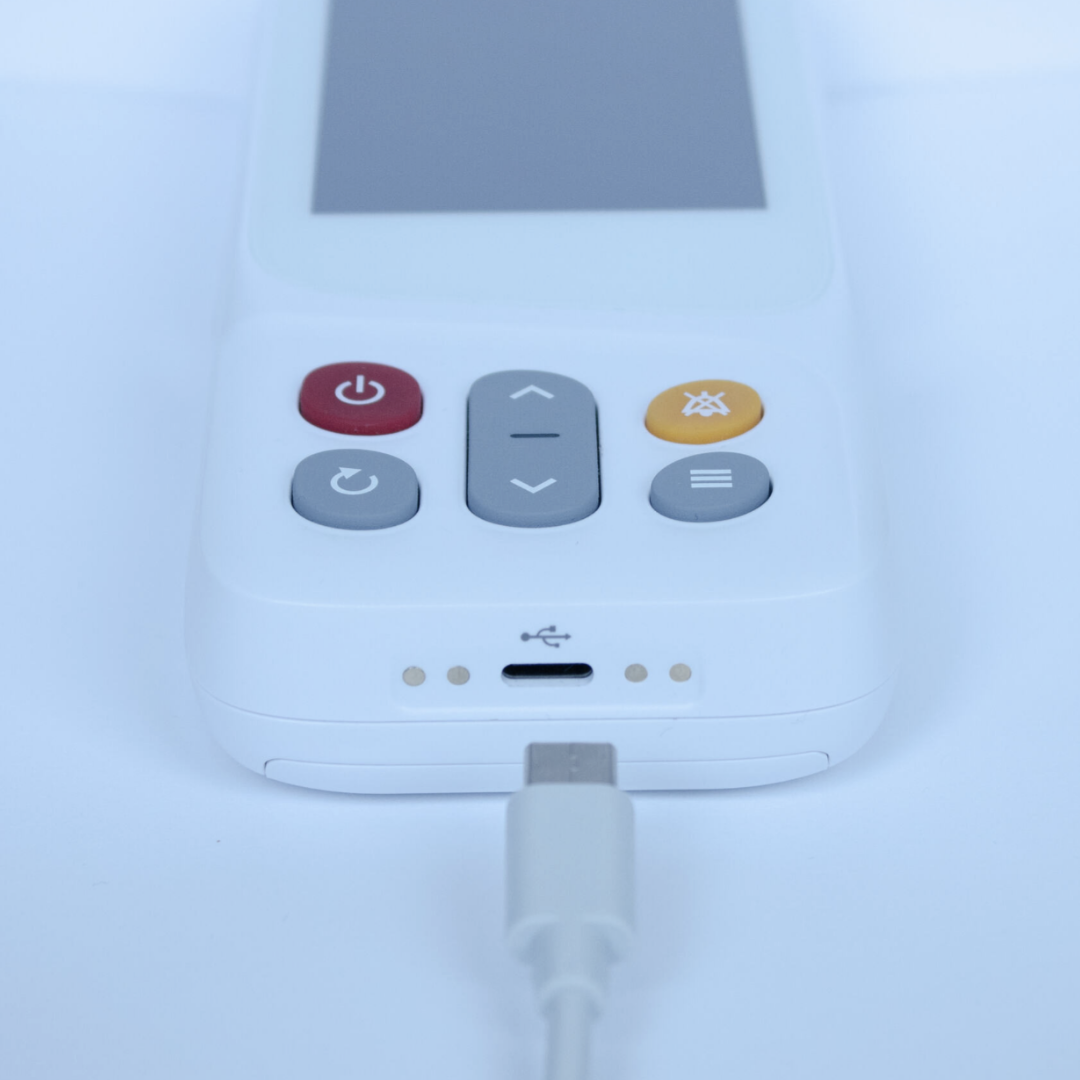
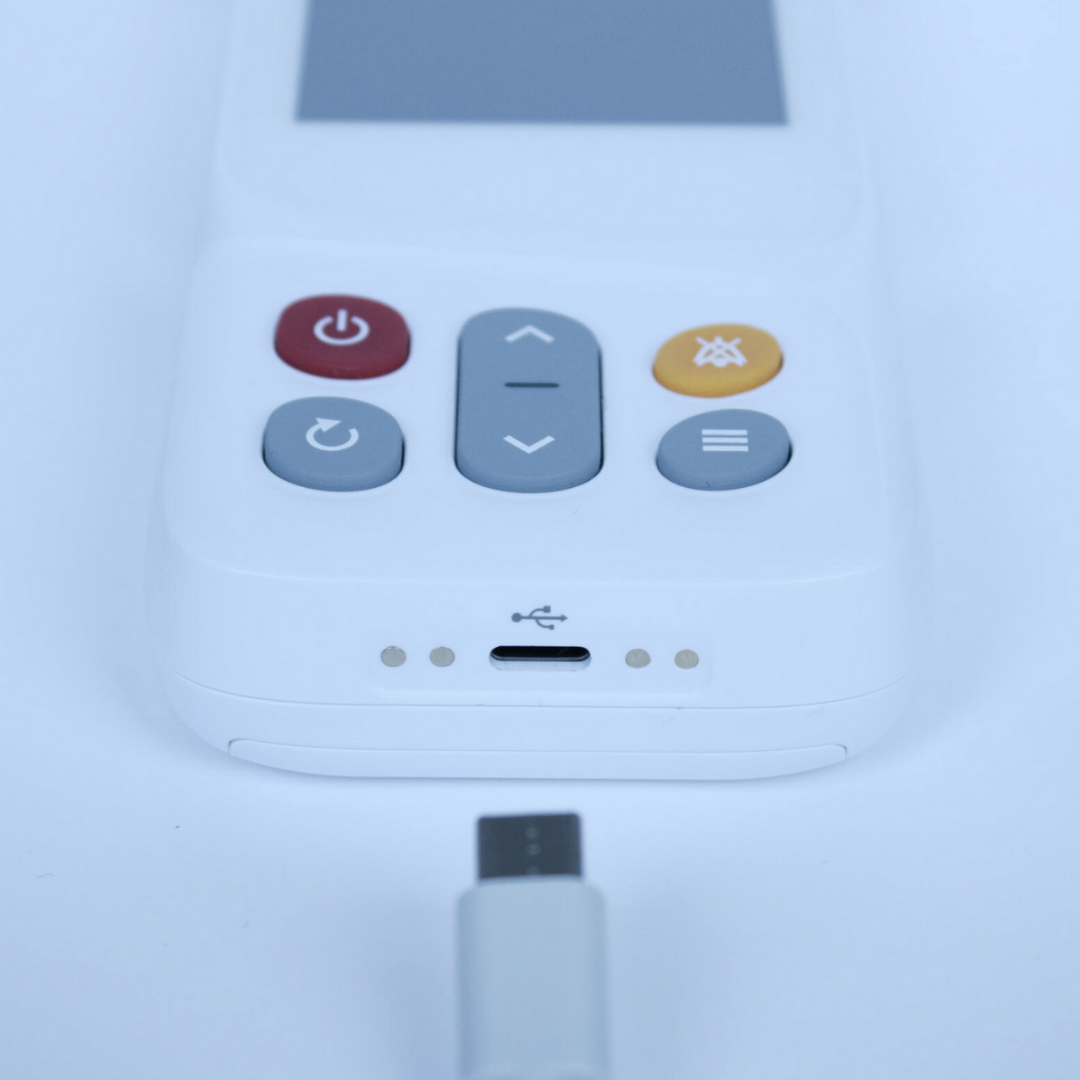
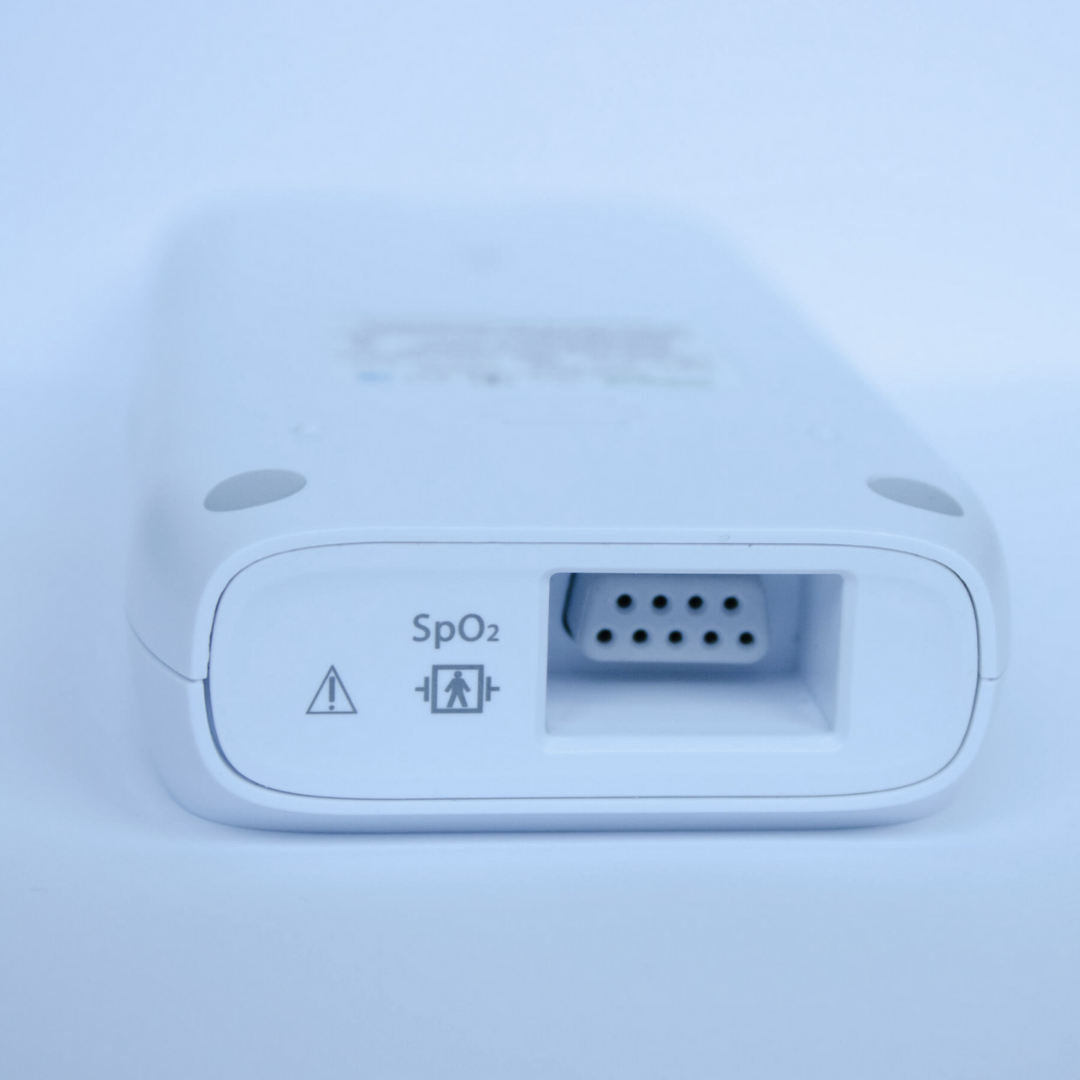
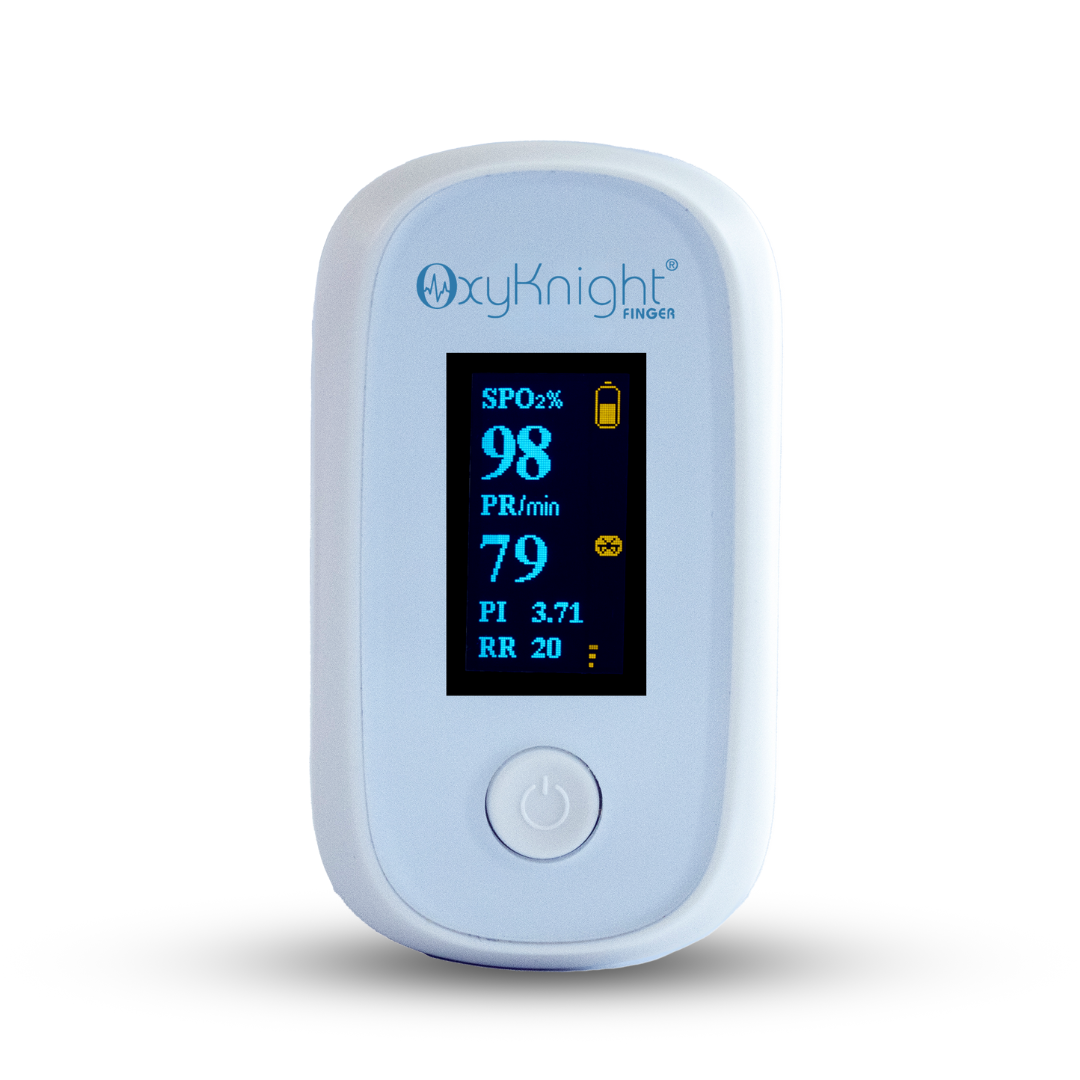
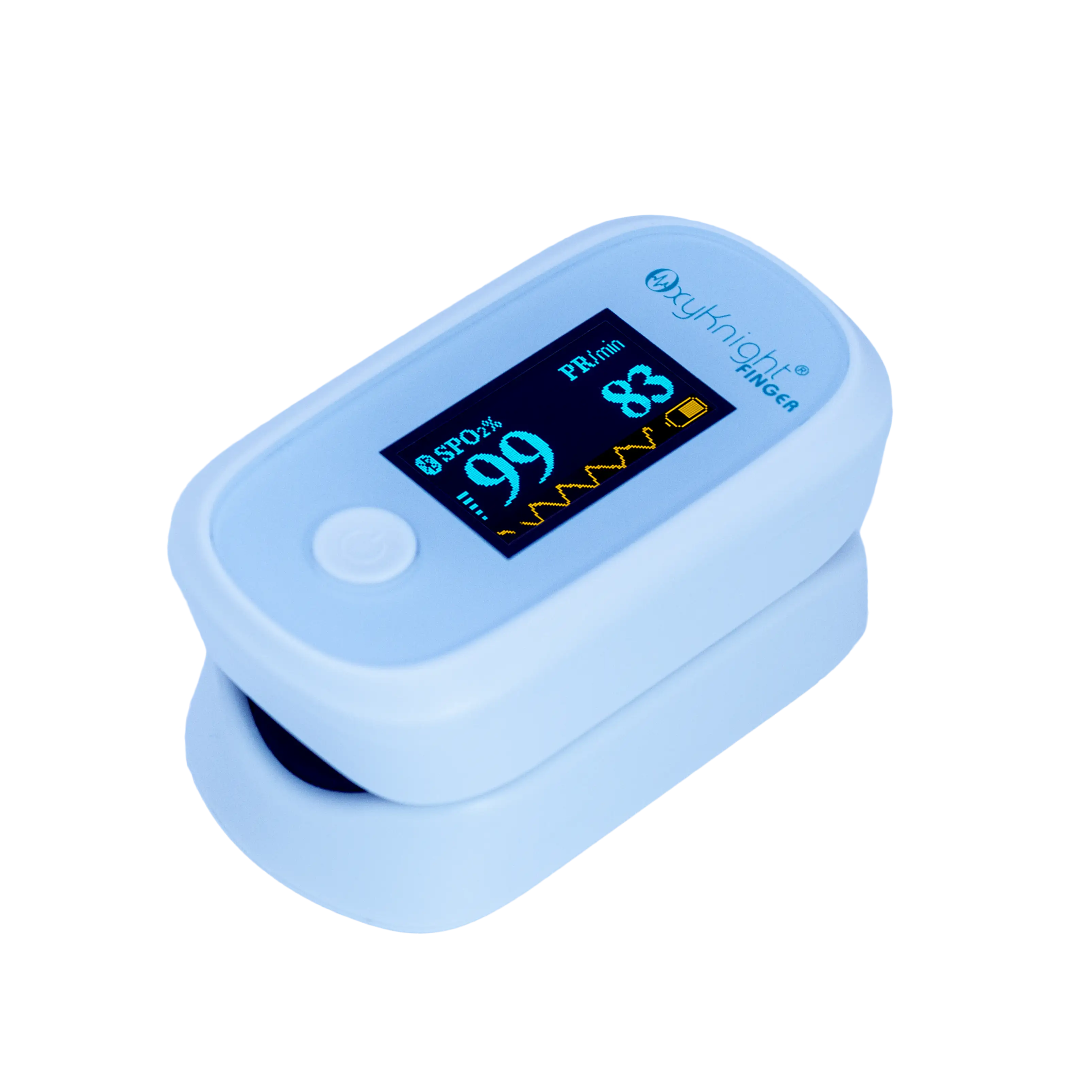
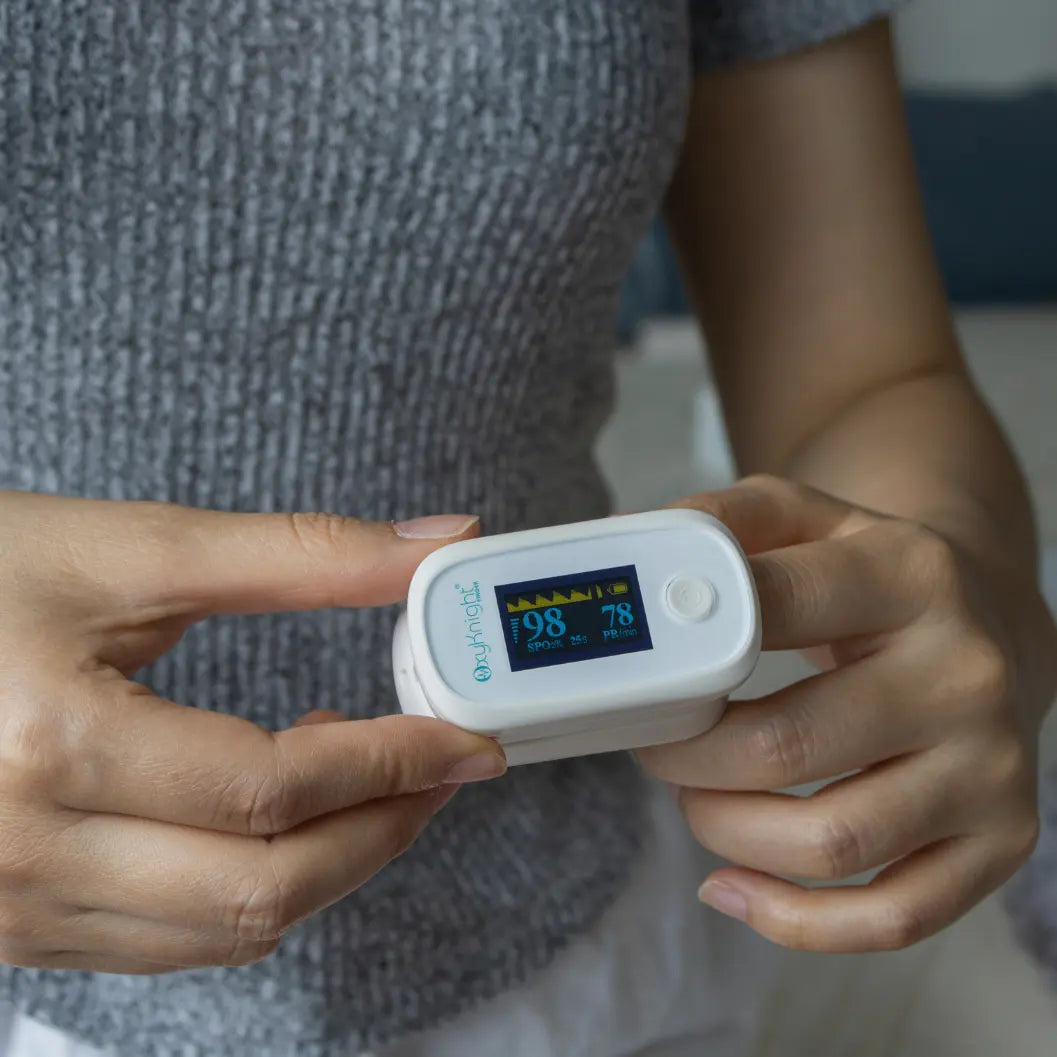
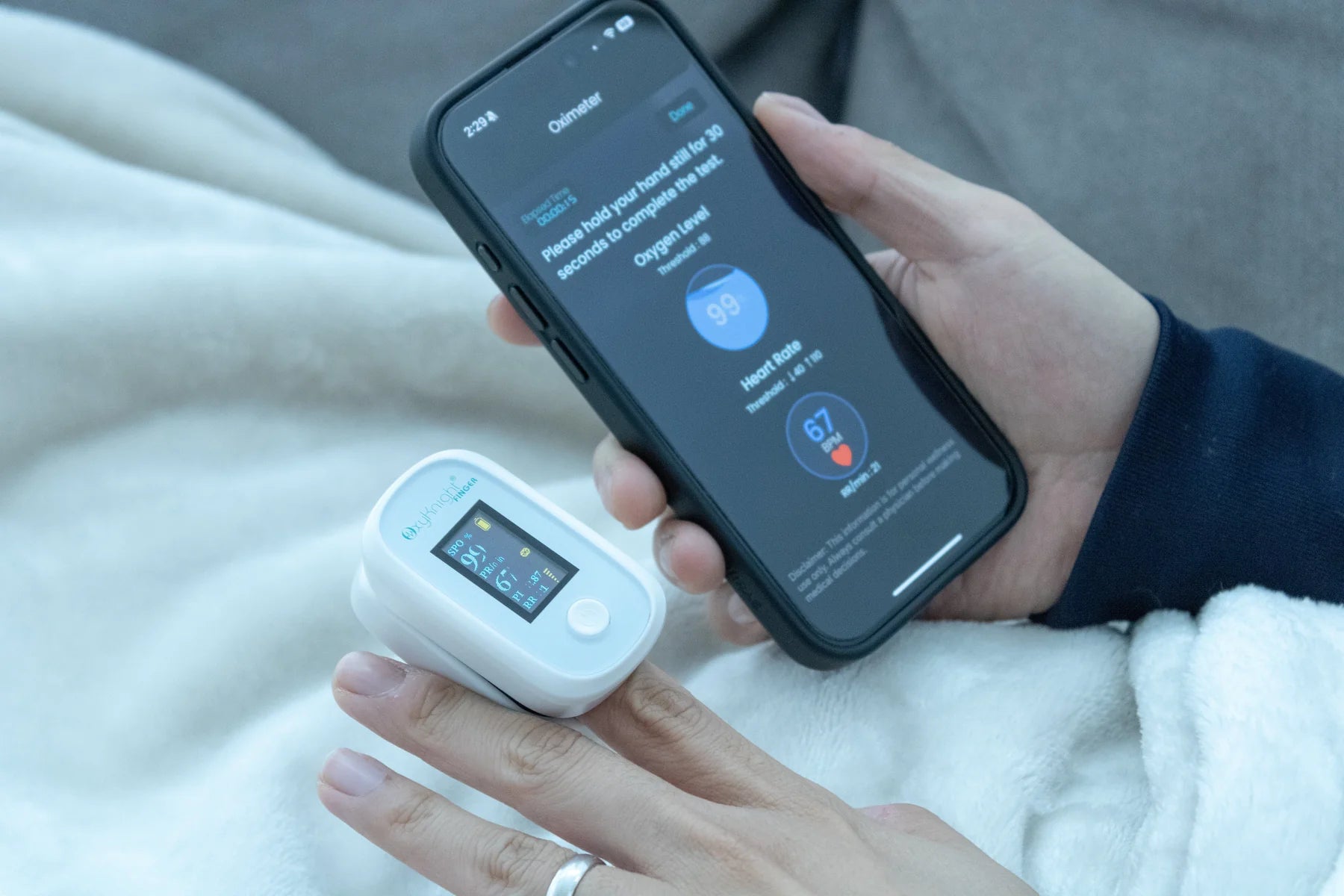
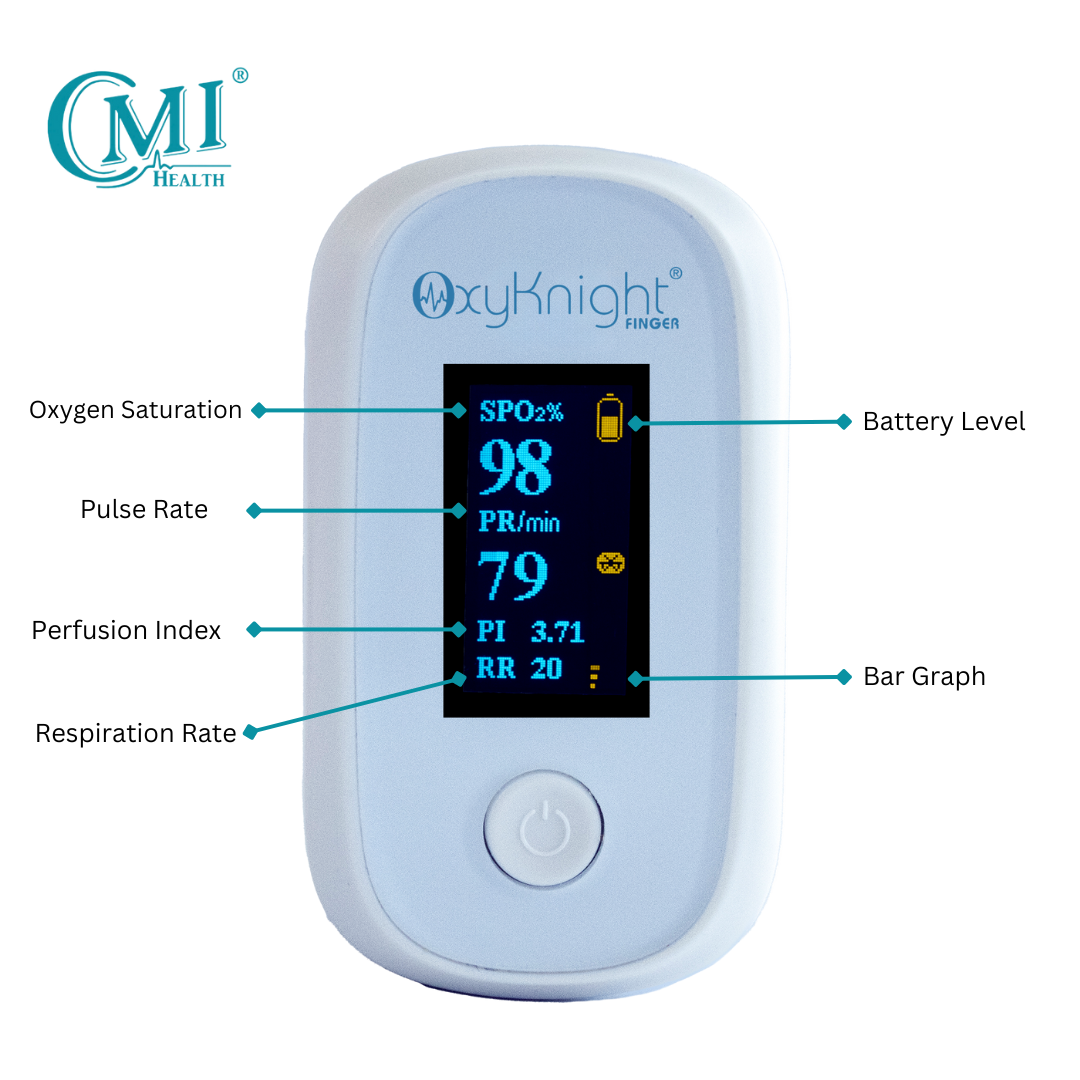
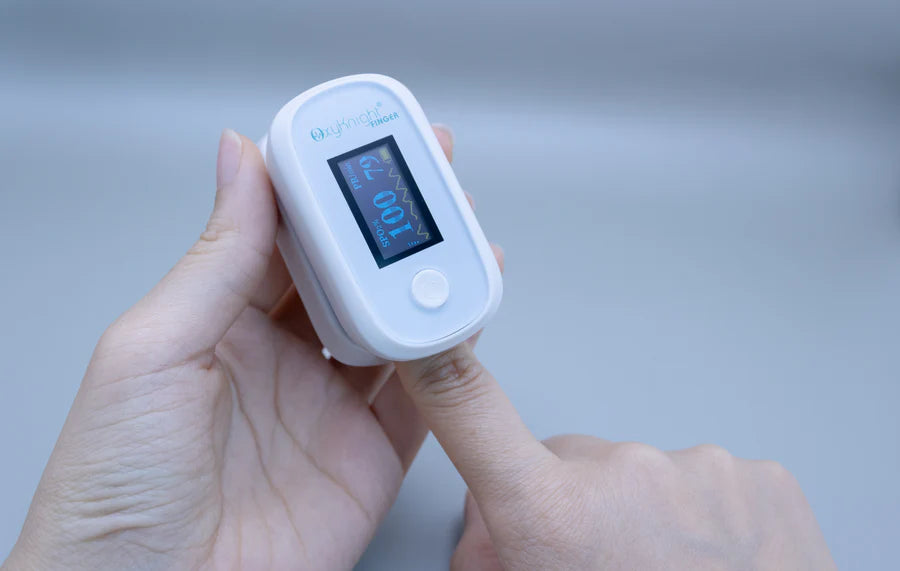
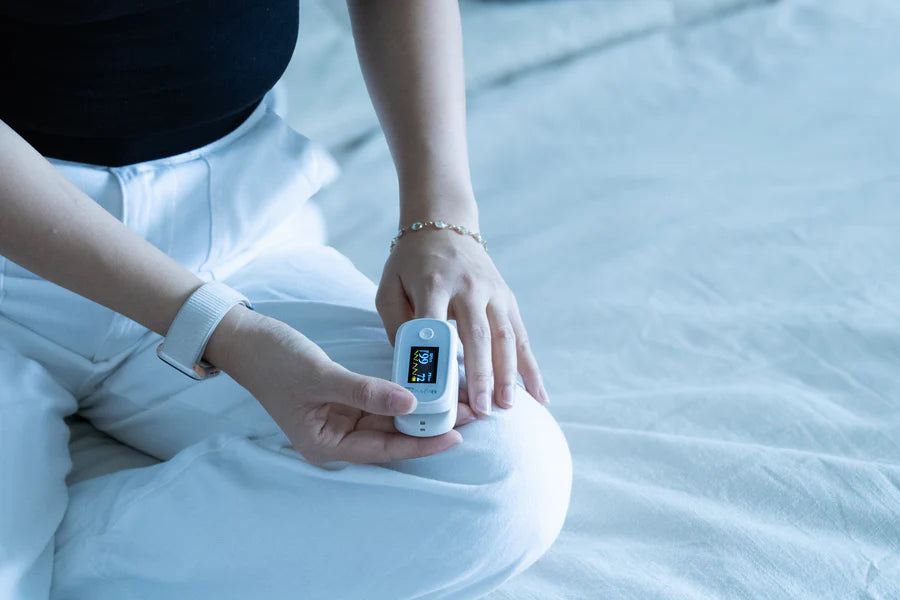
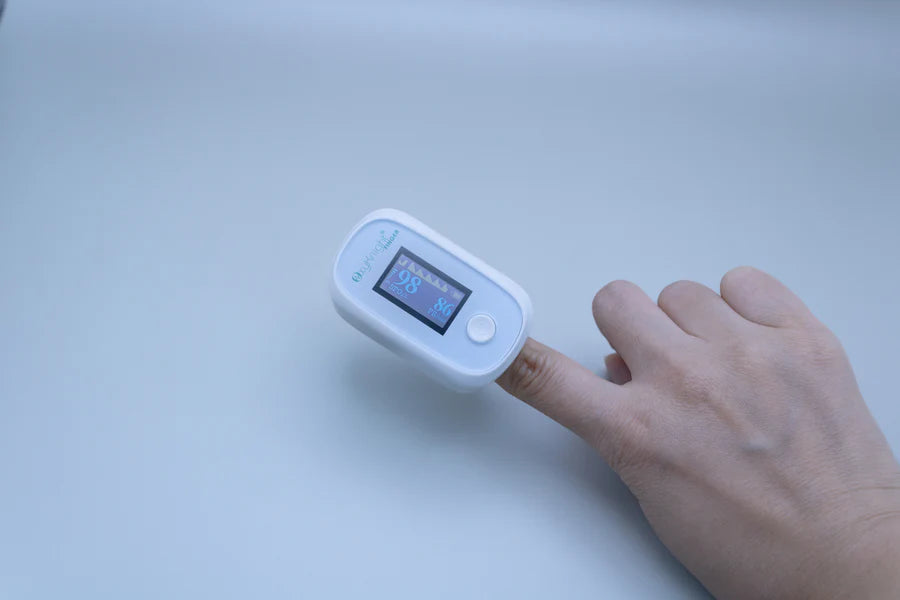
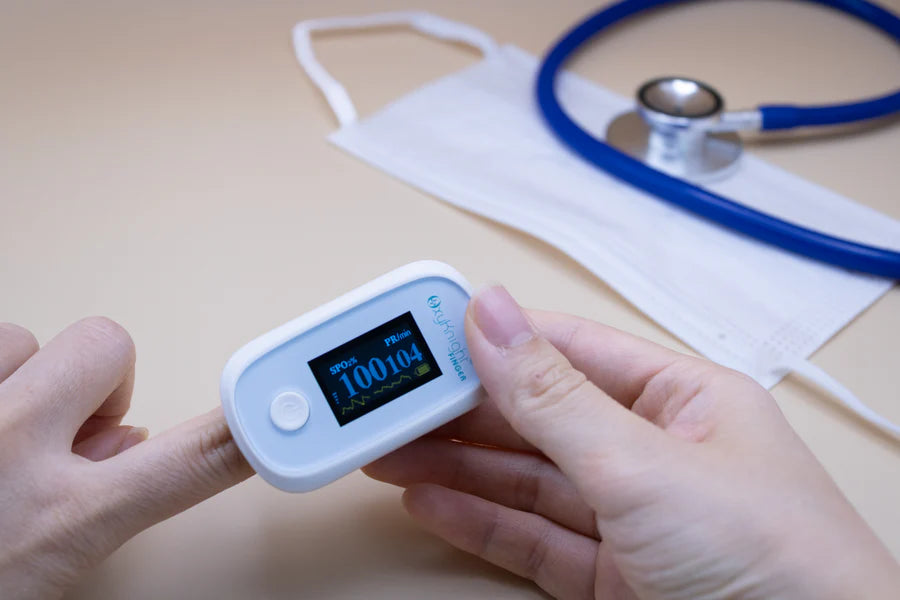
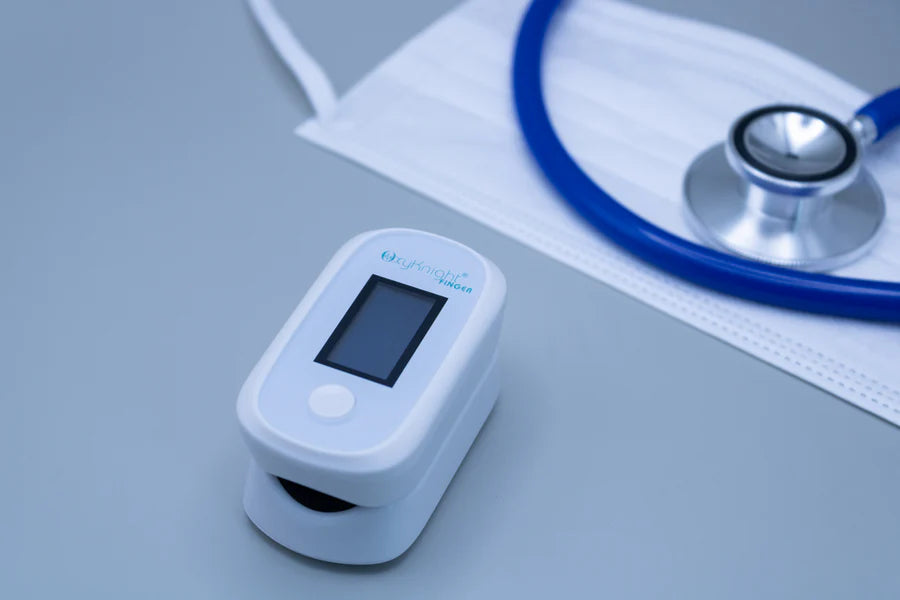



Leave a comment